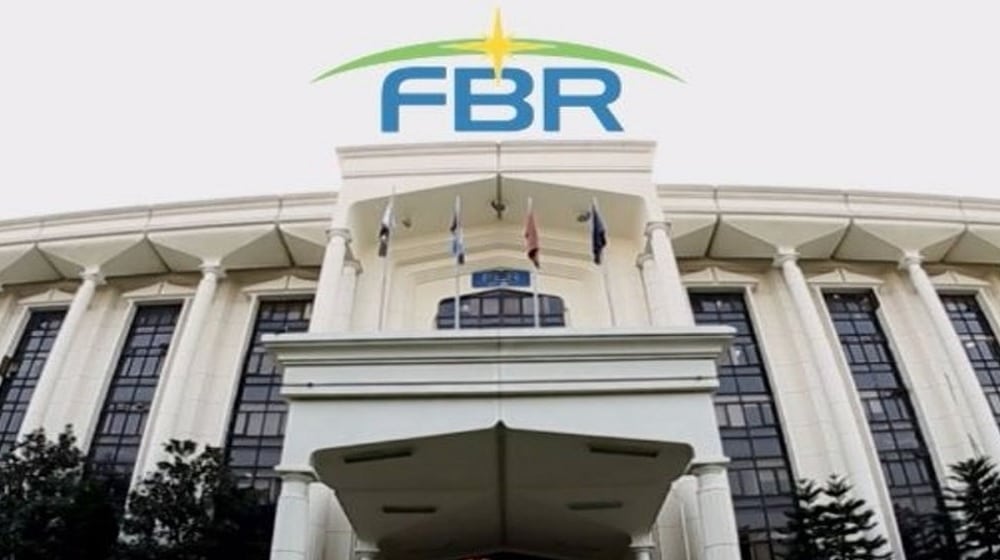The Federal Board of Revenue (FBR) has imposed a restriction on the taxpayers to bring disputes involving tax liability of Rs. 100 million or above for settlement under the Alternate Dispute Resolution Mechanism.
Through income tax circular No. 15 of 2022, the FBR has explained the revamping of the Alternate Dispute Resolution Mechanism under the Finance Act 2022.
The FBR explained that the changed procedure of dispute resolution will ensure that it is focused on high revenue yielding cases and does not result in wastage of time and resources for the taxpayer as well as field formations by being an effective alternative and not a parallel mechanism to the appeal process.
Under the Finance Act 2022, the mechanism of alternate dispute resolution has been revamped.
Major departure points from the previous regime mean that disputes involving tax liability of one hundred million or above only can now be brought for settlement. Previously, there was no such bar for filing an application under this mechanism.
Disputes involving the question of facts and law both can now be brought by a taxpayer for settlement by the committee subject to the condition that the decision by the committee will not be cited or taken as a precedent in any other case or the same case for a different tax year. Previously, disputes involving interpretation of the question of law having an effect on other cases were specifically excluded from the purview of the dispute resolution committee.
The scope of the initial proposition has been expanded which now includes a proposal from the taxpayer to settle the matter, including an offer for payment of tax which cannot be withdrawn. The choice available to a taxpayer to appoint a member of the dispute resolution committee has been enhanced.
Now a taxpayer can nominate a member from a panel notified by the Board in this regard or an Officer of Inland Revenue Service who has retired in B521 or above or a reputable business person as nominated by a Chamber of Commerce and Industry. The third member of the committee will be selected through consensus by Chief Commissioner Inland Revenue (being the other member of the committee) having jurisdiction over the case and taxpayer’s nominee member jointly from the panel notified by the Board in this regard.
The taxpayer and the Chief Commissioner of Inland Revenue having jurisdiction over the case either individually or both as the case may be, will withdraw their appeal pending before a court of law or appellate authority after the constitution of the committee but before the commencement of a proceeding by the committee. Previously, there was no requirement of withdrawal of appeal and the taxpayer could choose to pursue his appeals in case he did not accept the committee’s decision.
The committee members will decide on the dispute pending before the committee through the majority. Earlier, a consensus decision by committee members was required for dispute resolution. The decision by the committee will be binding on both the taxpayer and Chief Commissioner Inland Revenue having jurisdiction over the case. Previously, it was binding on Chief Commissioner only after it had been accepted by the taxpayer through withdrawal of the appeal, FBR added.





















